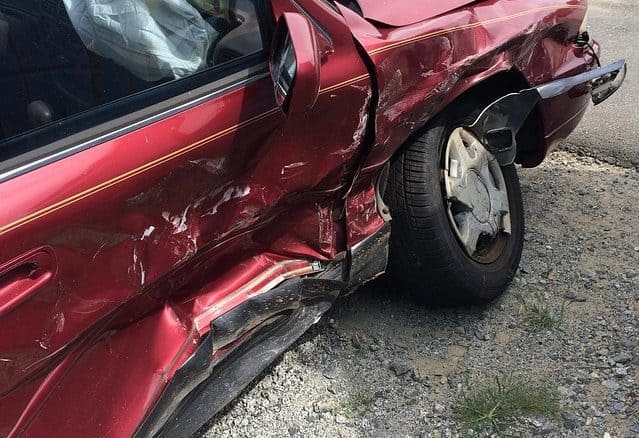Distracted Driving in Crashes Massachusetts

Distracted driving involves engaging in another activity while behind the wheel of a vehicle and in motion. It can dramatically increase the chances of being involved in a motor vehicle accident and causing injuries or even fatalities. According to the U.S. Centers for Disease Control and Prevention, about eight people per day lose their lives in distracted driving crashes.
Types of Driving Distractions
Any type of behavior that detracts from operating a motor vehicle safely and responsibly can constitute a distraction. Two common examples of such behavior would be talking on a cell phone or inputting data into an infotainment center. According to the personal injury lawyers Breakstone White & Gluck, texting is notorious for being the most dangerous distraction when driving. That’s because there are three types of distraction, and texting while driving requires all three types. Those types of distraction follow:
- Visual: This occurs when a driver takes his or her eyes off of the road.
- Manual: Texting requires a driver to take one or both hands off of the steering wheel.
- Cognitive: A cognitive distraction takes a driver’s mind off of the safe operation of a motor vehicle.
The Massachusetts Hands-Free Cell Phone Law
Chapter 90 section 13B of the Massachusetts Statutes forbids drivers from using any handheld device for purposes of making a phone call, receiving a call or sending or receiving text messages. A violation of section 13B is punishable by a fine of $100 for a first offense, $250 for a second offense and $500 for a third or subsequent offense.
Obtaining Evidence of Cell Phone Use
Police in Massachusetts respond to calls about motor vehicle crashes quickly. That’s when their training takes over, and they work on establishing the cause of the accident. In order to prove that a driver caused a crash due to his or her being distracted, the investigating officer needs to learn if driver distraction contributed to the collision, The evidence regarding driver distraction might come from eyewitnesses, electronic devices or by subpoena of cell phone data from the driver’s cell phone service provider. In some newer vehicles, event data recorders might memorialize evidence that tends to prove distraction immediately before a crash.
Some Other Common Causes of Distracted Driving Accidents
Phone calls or texting aren’t the only causes of distracted driving accidents. Here are some other common distractions:
- Attending to a child or children in the back seat.
- Talking with one or more passengers.
- Attending to personal grooming.
- Looking at an object or occurrence outside the vehicle.
- Eating food or drinking a beverage while driving.
Damages in Distracted Driving Cases
Should a distracted driver cause a crash that you were seriously injured in, that person can be held responsible for your injuries and damages. Distracted driving can be held to be careless and negligent, and a distracted driver can be held liable for the following damages:
- Past and future medical bills.
- Past and future lost earnings or diminished earning capacity.
- Any permanent disfigurement or disability.
- Pain and suffering.
- Loss of a normal life.
The general rule is that Massachusetts allows a car crash victim three years from the date of the accident to bring a personal injury lawsuit. That includes minors six-years-old or older. If a child is less than six years old at the time of the crash, the time limit is extended to his or her ninth birthday, but in no event more than seven years after the date of the crash. There are very few exceptions to these time limitations. Evidence can disappear and the recollections of witnesses can get foggy. Act responsibly, and seek a consultation with an experienced and effective personal injury law firm as soon as you can.






